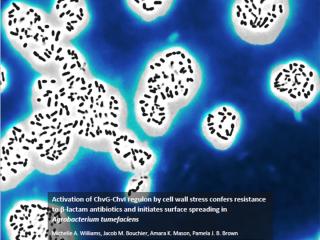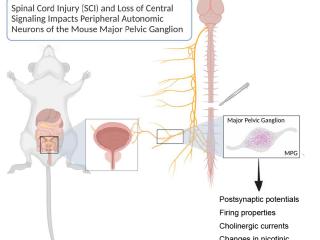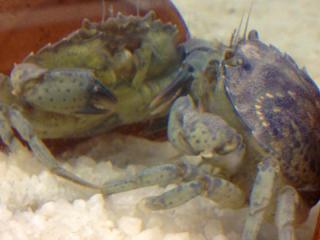Studies in molecular biology in the Division of Biological Sciences explore a diverse array of biological phenomena in a variety of organisms using an extensive range of approaches. Areas of particular concentration include neuronal development and plasticity, cellular signaling, and plant growth and development. Research in this area benefits from several campus research core facilities.
Faculty
Establishment and maintenance of epithelial tissue architecture
Gene Environment Interactions and Epigenetics
Genetic control of carbon partitioning in plants
Molecular basis for polar growth in Agrobacterium tumefaciens
Generation and characterization of animal models to study genetics and disease
Mechanisms regulating neuronal development and physiology in vertebrates
Signaling and activity of skeletal muscle satellite cells
Establishment and maintenance of epithelial tissue architecture
Staphylococcus aureus stress responses at the host-pathogen interface
Mechanisms of bacterial pathogenesis shaping plant-microbe interactions
Influence of insect-associated microbes on host phenotype
Ovarian reserve formation, maintenance, and its associated ovarian dysfunction and diseases
Circuit stability, energetics, plasticity, and respiratory physiology
Mechanisms by which maternal physiology influences development of placenta.
Neural network plasticity as a result of injury and disease
Meiotic silencing by unpaired DNA and sexual development in fungi
Molecular mechanisms regulating cellular signaling in plants
Understanding and predicting the genetic and physiological basis of plant phenotypes
Genetic dissection of synaptic plasticity, neural circuitry, and behavior in fruit flies
































